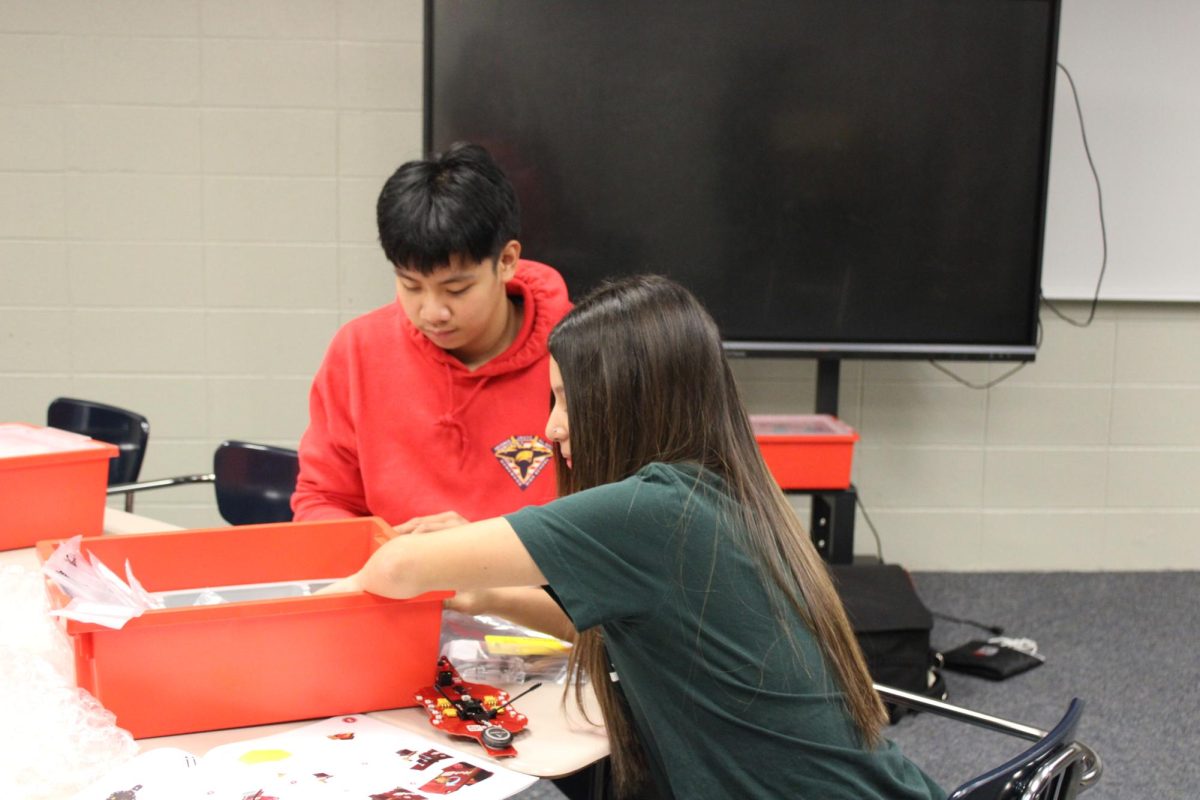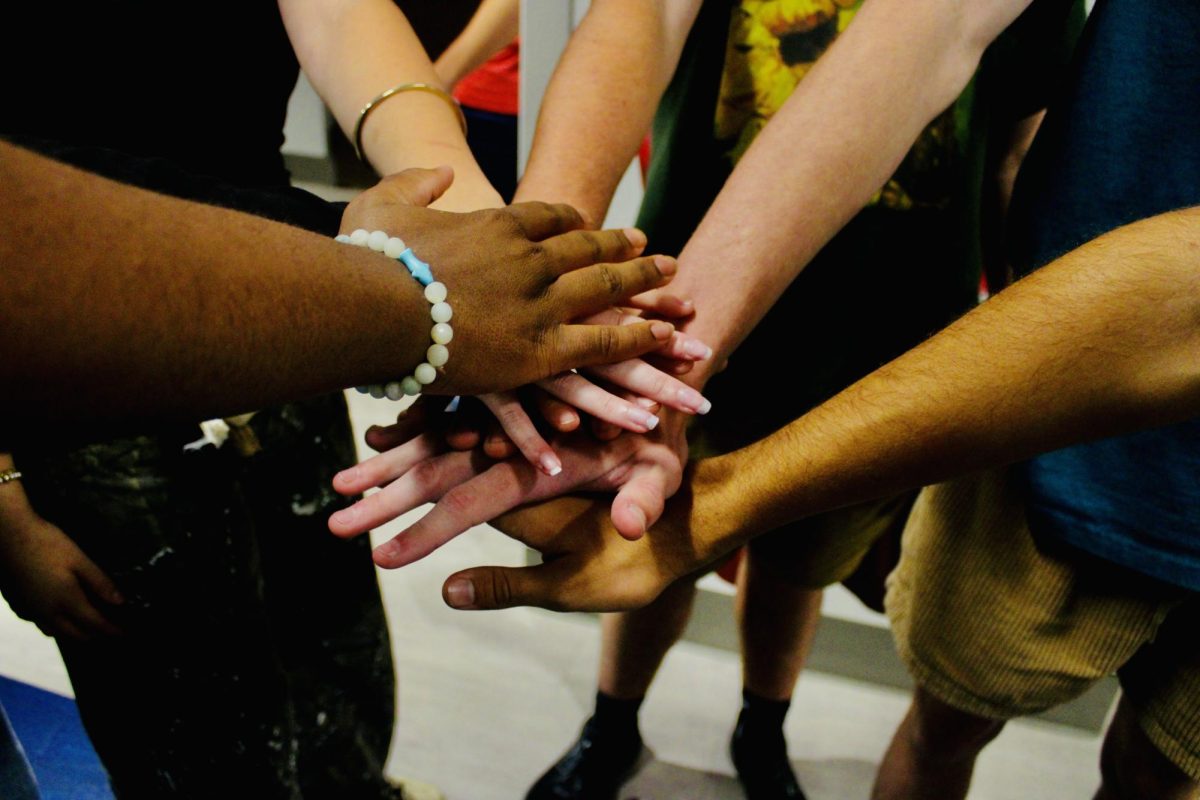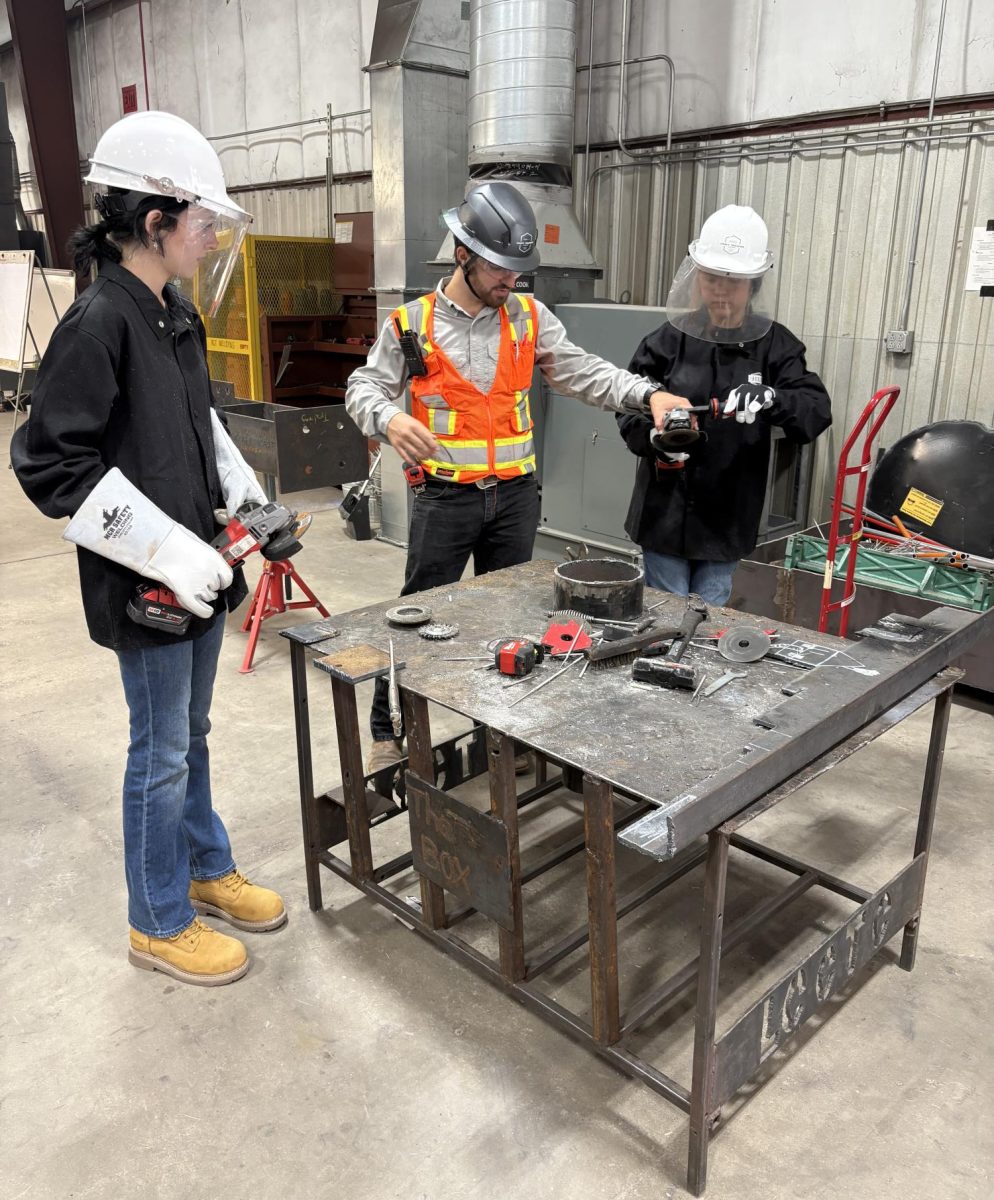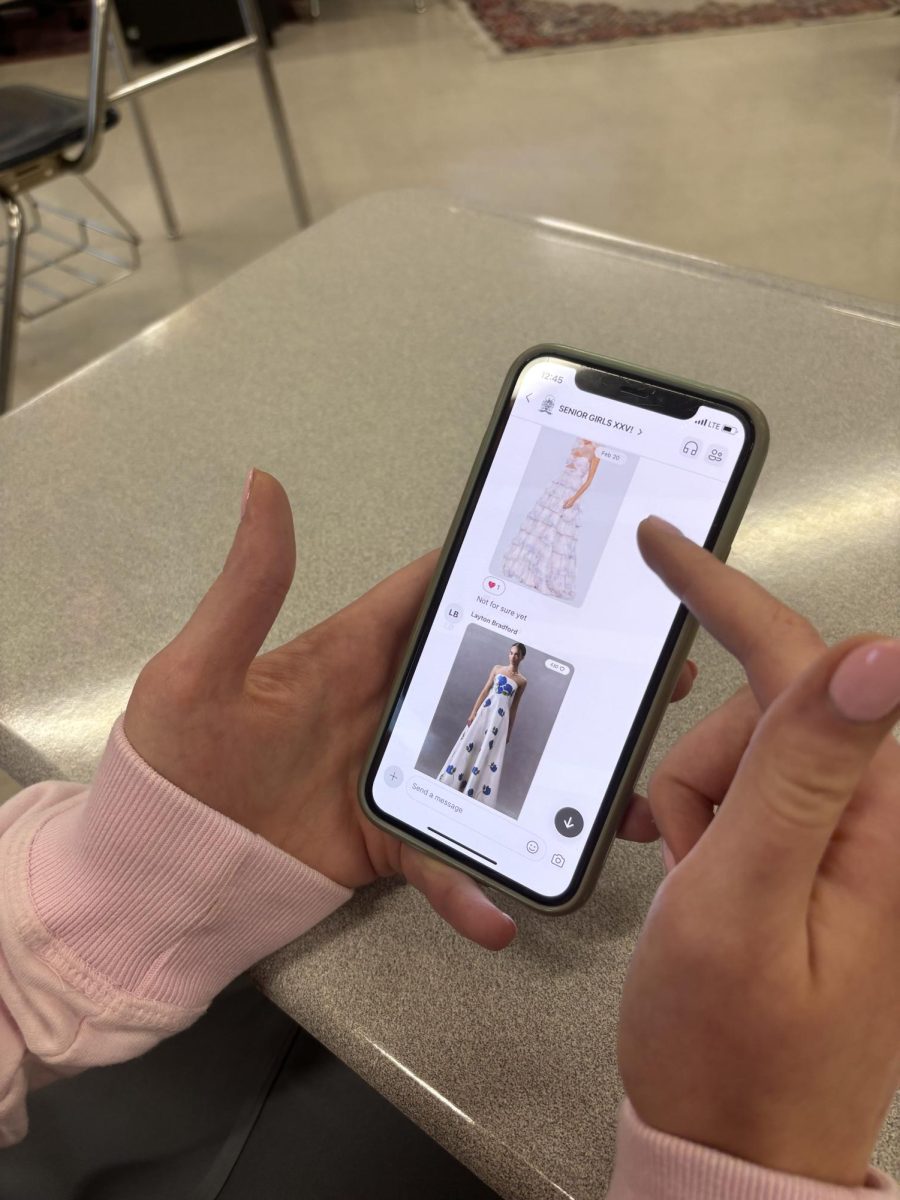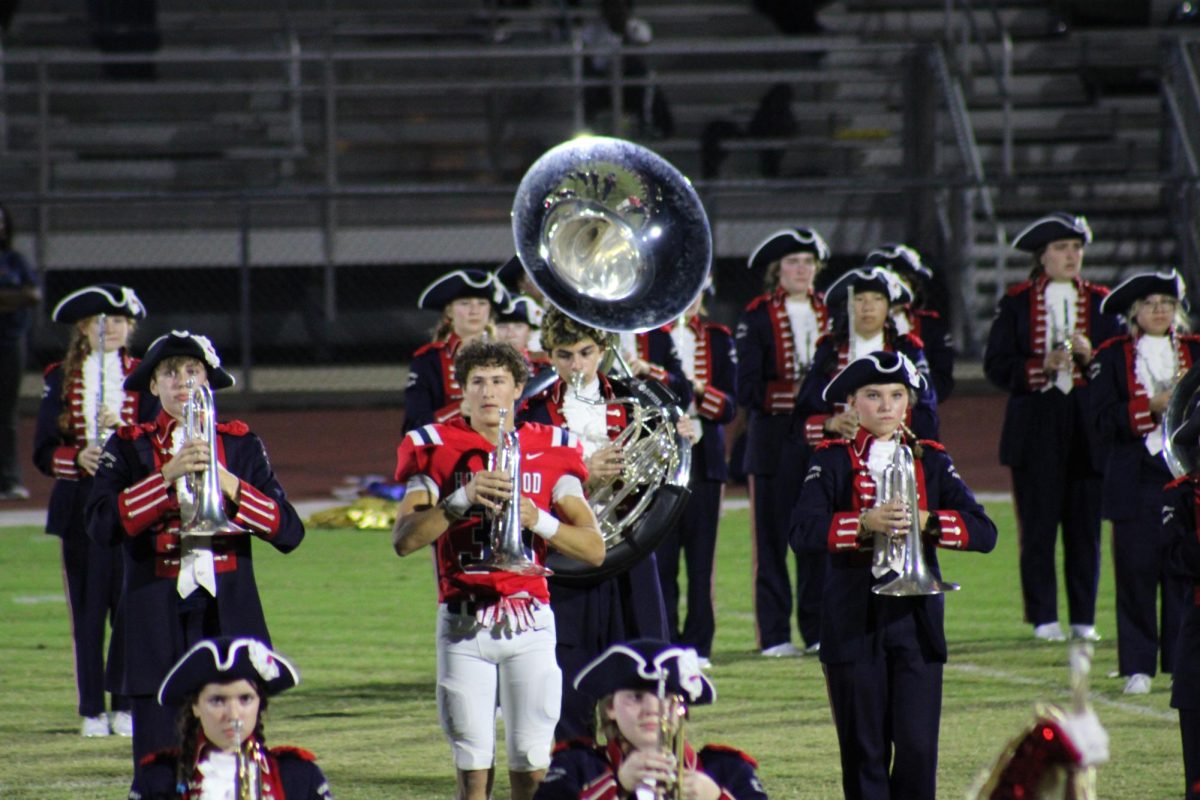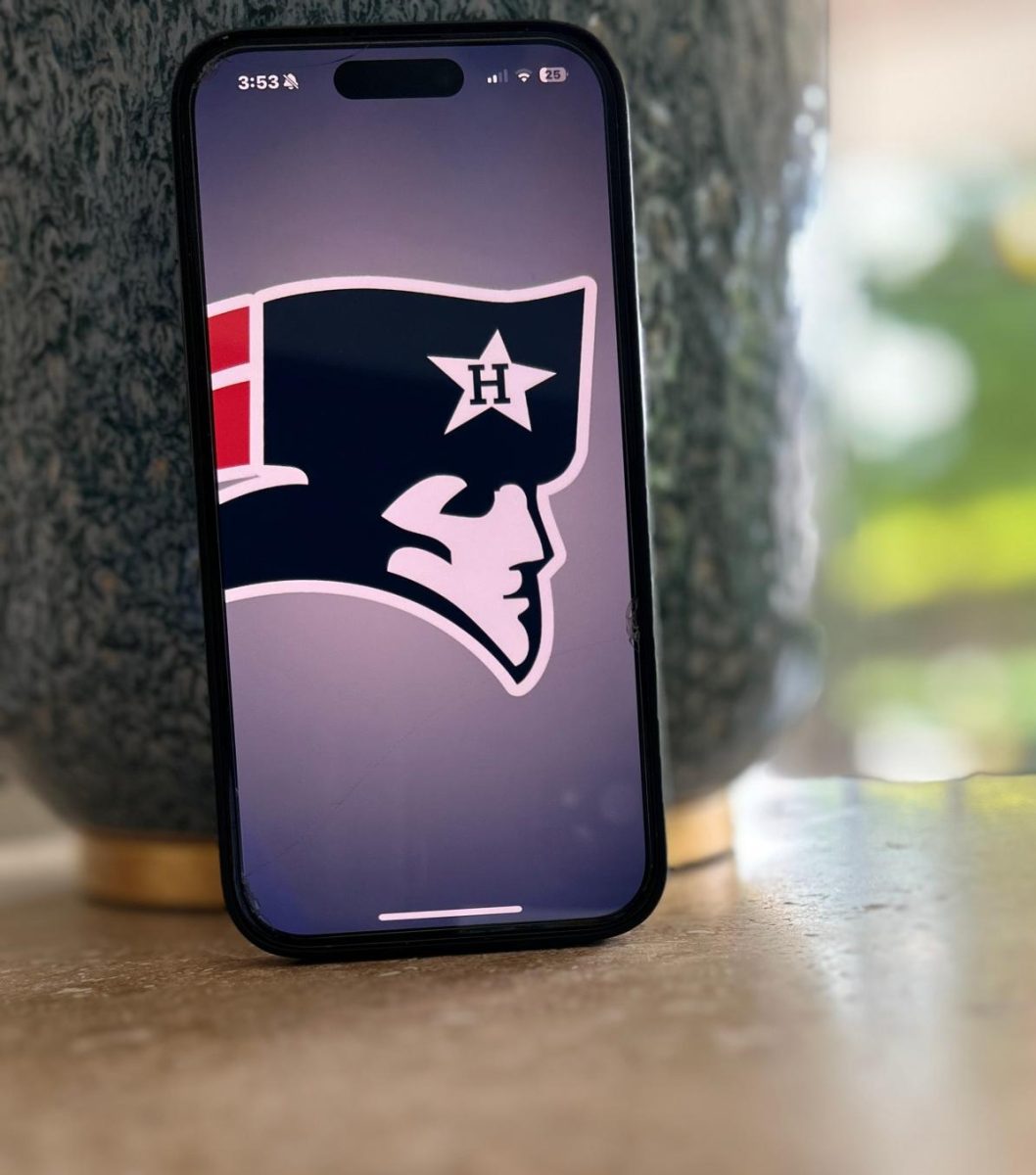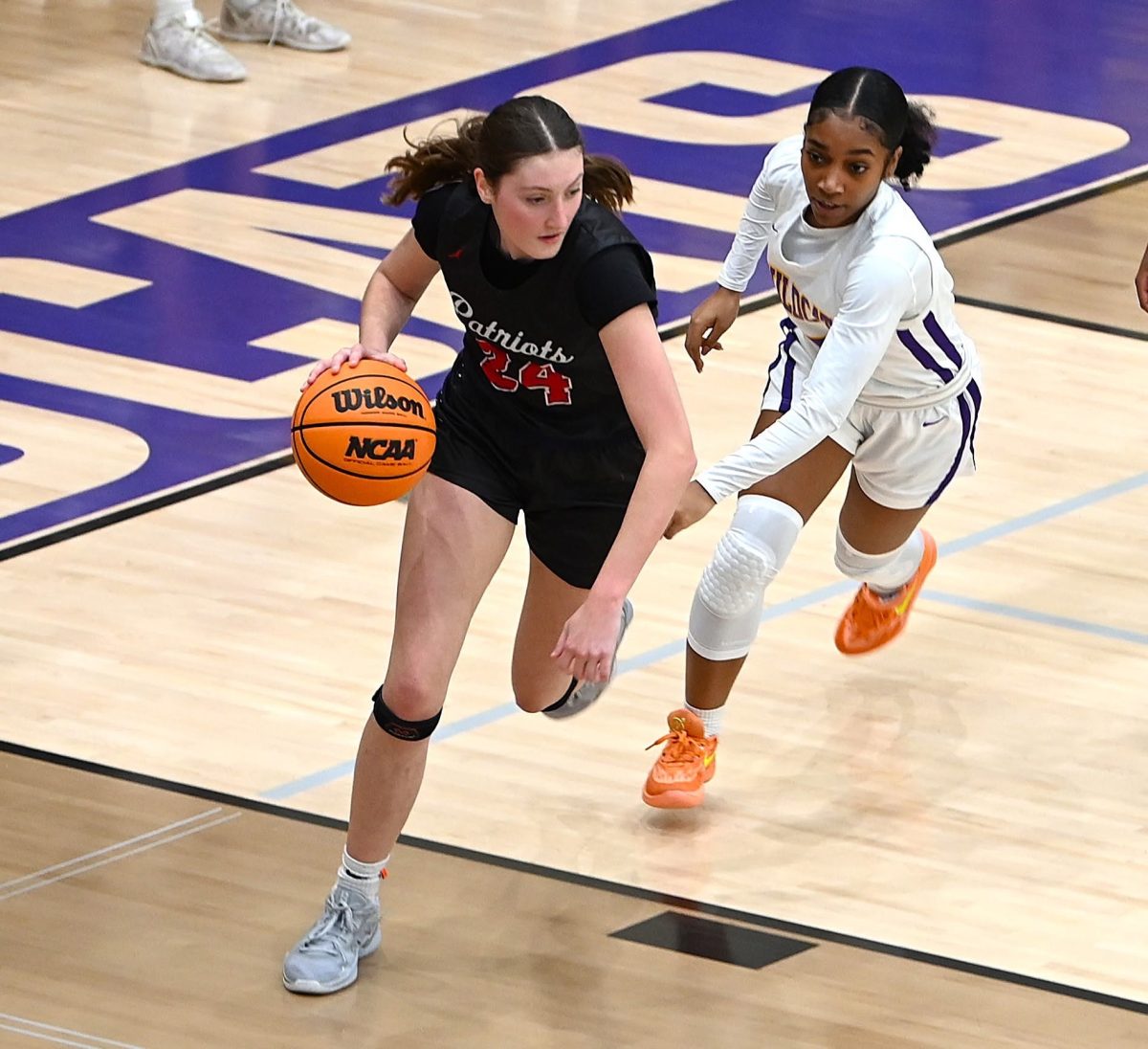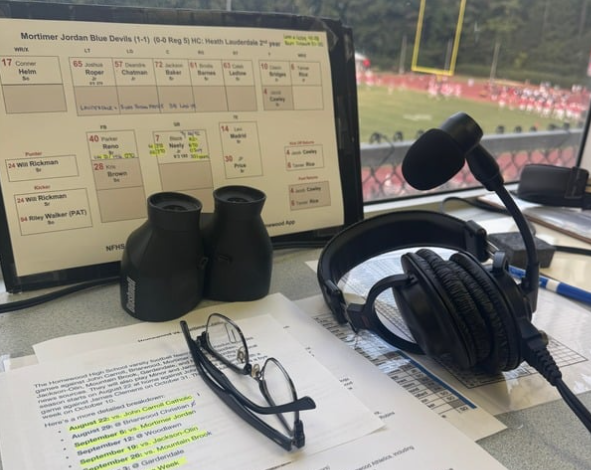Sophomores in Mrs. Dameron-Vines’s English 10 class worked throughout the month of March on a unit to craft Opinion Editorials, articles that explore an author’s opinion on a chosen topic of interest. We are happy to provide a platform for an on-going series that highlights some of students’ work.
Is the development of AI in schools beneficial or detrimental to student success?
Imagine having a free tutor available 24/7 there for help in every subject. That is what artificial intelligence resources do for students.
The Merriam-Webster definition of artificial intelligence is the capability of computer systems or algorithms to imitate intelligent human behavior. AI or artificial intelligence is creating an extensive presence in workplaces and schools as it continues to develop. In many workplaces, AI is being implemented as a business partner to make work more efficient. AI can analyze data and scan documents more quickly than a human can. In addition it can be used by students to soak up the information they learned in class or create more personalized learning habits.
As a sophomore at HHS, I have used AI tools like ChatGPT to help create a practice guide to prepare for a test. The development of artificial intelligence as a resource for students creates more personalized learning and more efficient studying. In my opinion, AI tools are necessary for students to have access to because it is taking a larger presence in workplaces. Also, AI is being used to help students create flashcards in apps like Quizlet. I have personally used those tools in Quizlet and it has really helped save time especially when having to study for multiple tests and quizzes. To me the implementation of AI in schools and workplaces is beneficial for students.
When it comes to personalized learning techniques, AI is a great resource. Students learn in three different ways: visual, auditory, and kinesthetic. Visual learners learn from videos, slideshows, graphs, and pictures. With auditory learners, videos help, among other things like podcasts, discussions, or conversations. Lastly, Kinesthetic learners learn through note-taking and being more hands-on. Learning in class doesn’t always check all three boxes. With the help of AI, students can learn in ways unique to them. For example, through AI visual learners can learn through imaginative practices, auditory learners can gain knowledge through explanations with rhythm and repetition, and kinesthetic learners can learn through role-playing and experiential learning. AI tools can give students a better understanding, especially those who do not learn from the same methods as everyone else.
Most people use AI daily to make things go more efficiently by using virtual assistants like Siri. Asking for help from Siri or other virtual assistants like Alexa can make daily tasks go more smoothly. Before AI and assistants became more developed, studying would take much longer when having to flip through a textbook or search endlessly on Google for help. With AI, it only takes a few minutes to find the assistance needed. In a survey conducted by Rhea Kelly in August of 2024, she found that of 86% of students who have used AI 33% use it to summarize documents. Summarizing documents can give students the information they need faster by only having to read the main points of an article. As a student, I believe that AI can be very beneficial for students to get familiar with; however, AI can harm you just as much as it can help you.
One common issue that comes to mind when anyone hears AI is cheating. AI resources like ChatGPT have a resource that can generate essays with different difficulties and POVs. However, AI also has detectors that teachers can use to see if a student cheats. Denise Pope, a lecturer at Stanford, said in 2023 on the topic of cheating that “long before ChatGPT hit the scene, some 60 to 70 percent of students have reported engaging in at least one cheating behavior during the previous month. That percentage has stayed about the same or decreased slightly in our 2023 surveys. This shows how AI is not the cause of cheating in schools because the same students who cheated before the development of AI most likely cheated before. There is no bad side to AI as it helps students learn and take in knowledge better. The problems with AI depend on the person using AI rather than the technology itself.
So, is the implementation of AI in schools a benefit or a bad thing for student success? As a student, I would personally say that AI has helped me learn in more personalized ways that I do not get in class. AI’s downsides are problems that can occur without its presence. Students can use AI to help set themselves up for the future, learn more efficiently, and absorb knowledge fully.

